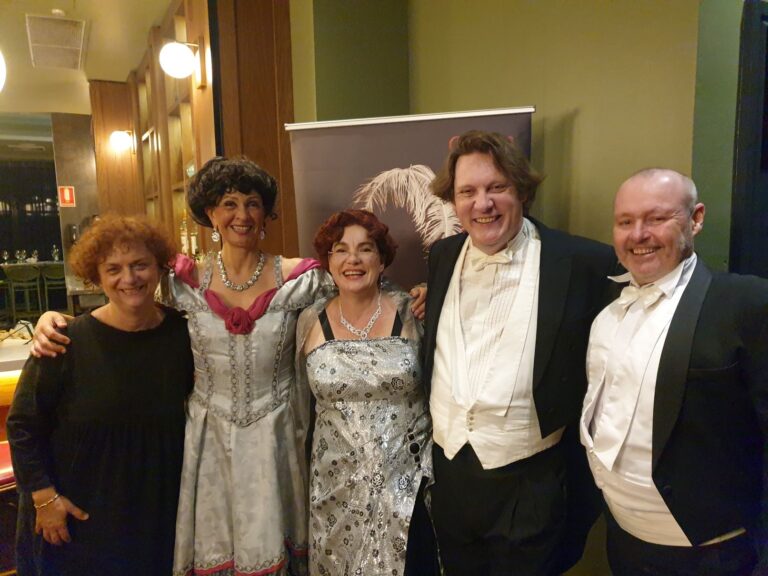
Government moves to illegalise more plants
Walking down King Street, Newtown, on weekend nights, it’s not that unusual for a shady character to pop out from behind a corner and whisper, “You want some goee? You want some trips?” But “You want Khat? Datura? Wattle?” Not in my neck of the woods.
Yet the Federal Government is concerned about these plants being sold as hallucinogenic drugs and is considering adding them to the list of illegal plants. Five plants are already considered illegal under Australian law – marijuana, the coca plant, opium poppies, salvia (Diviner’s Sage) and kratom. Soon certain species of native Australian wattle that contain trace amounts of a psychoactive chemical called DMT could be added to the list. And it doesn’t stop there.
Other plants that may soon be illegal are Angel’s Trumpets, cacti that contain mescaline, and ephedra plants.
Last week, the closing date passed for submissions to the Federal Attorney General’s Department regarding proposed changes to Commonwealth serious drug offences, including an expanded list of controlled plants.
In typical Facebook style, while 94 people committed to attend a Rally for the Rights of Plants at Martin Place last Sunday, only a few bothered to turn up in real life. For the garden freedom protesters, there were no boring chants but instead a rapper freestyled in defence of criminalised plants. He was backed by a bunch of musicians, while others got to work spreading the word to the public.
National Organisation for the Reform of Marijuana Laws (NORML) activist Serkan Ozturk said prohibition has never worked and it is ludicrous to criminalise people based on their preference for plants.
“We are hoping there will be common sense, that the Attorney General will see there is no need to criminalise plants. Police don’t report huge numbers of people with DMT issues or people robbing service stations high on DMT so where this criminal perspective comes from, I ‘d like to say god only knows, but I’m an atheist, so I can’t,” Serkan said.
“Most people don’t even know about the compound DMT at all but if this law passes, your backyard could be illegal, and you won’t know it.”
The DMT compound is found in the plants used by South American shamans to make the ayahuasca brew for hallucinogenic trips. NORML believes it should be a matter of personal choice to take mind-altering drugs and not an issue of law enforcement.
“People around the world are interested in mind manifestation,” Serkan said.
“It comes down to a personal and civil liberties issue. There is enough research to show that people don’t become evil on this, they don’t become criminal. Legislating on this seems to be another move of a class that thinks writing down laws will solve problems.”
“If people want to remove their pain by a psychedelic trip once every three months, why should we make their lives more painful by throwing them in jail?”
One activist pointed out that Leonardo Da Vinci and Michelangelo would both be facing serious jail time for their use of syrian rue, with one gram equivalent to one kilogram of heroin under the proposed laws.
There is a lovely Angel’s Trunpet tree with fragrant bell-shaped flowers in front of my old house down the street from Newtown library. I wouldn’t recommend making a tea from those flowers, and in fact under this new legislation it would be not only unpleasant, but also illegal.
As Serkan added, “They’re trying to get rid of you even inadvertently having those plants.”
He admitted that it was not an easy issue to mobilise people on. “It’s hard to get people out to talk about drugs because people are concerned about having trouble with their family, police or work,” Serkan said.
While the first garden freedom rally was small, it’s not the last.
More information at www.gardenfreedom.com
BY LIZ CUSH











